Optimal Timing for Radon Mitigation
Radon mitigation is most effective when performed during periods of low outdoor humidity and stable temperatures. Typically, the best time is during the fall and early winter months, when soil conditions are drier and less prone to moisture infiltration that can affect mitigation systems. Conducting mitigation during these periods ensures optimal system performance and longevity.
Fall and early winter are ideal for radon mitigation because soil moisture levels are lower, allowing for more efficient installation and operation of mitigation systems.
Mitigation work should avoid extreme weather conditions such as heavy rain or snow, which can hinder installation and affect system effectiveness.
Timing mitigation during periods of lower occupancy can minimize disruption and allow for thorough system installation.
Post-installation testing is recommended during stable weather periods to accurately measure radon reduction performance.
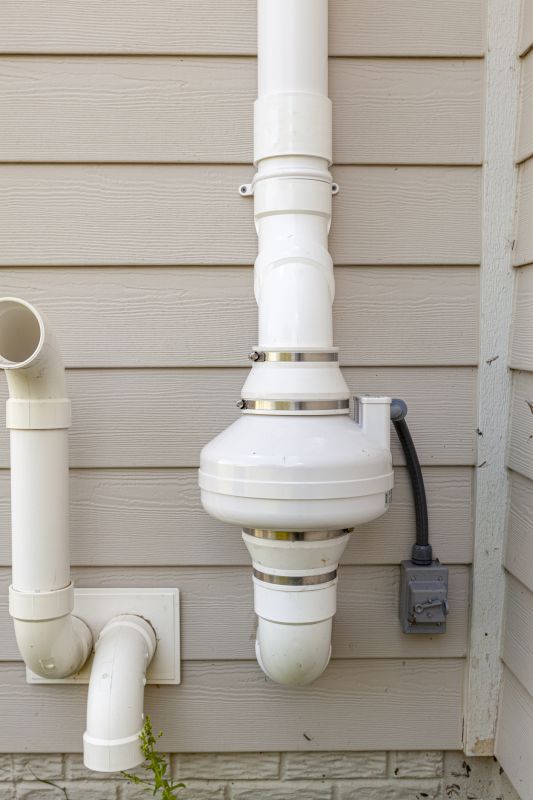
Proper installation during optimal weather conditions enhances system efficiency.
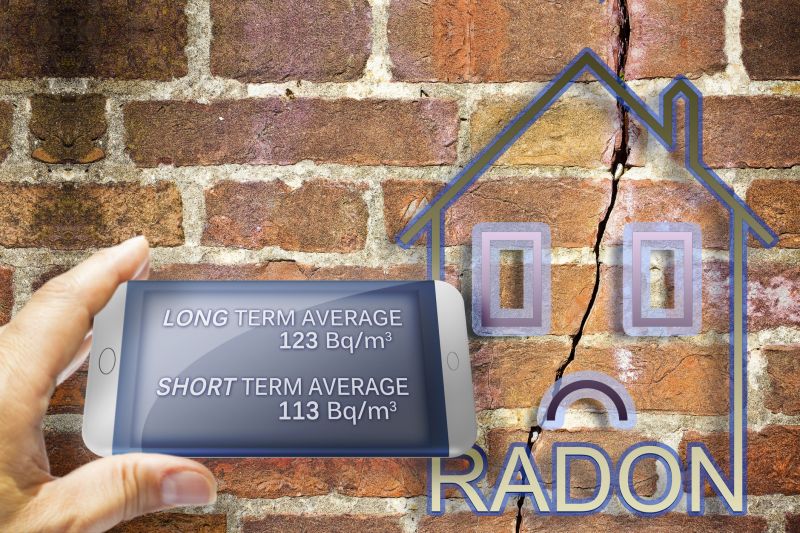
Testing soil conditions helps determine the best timing for mitigation.
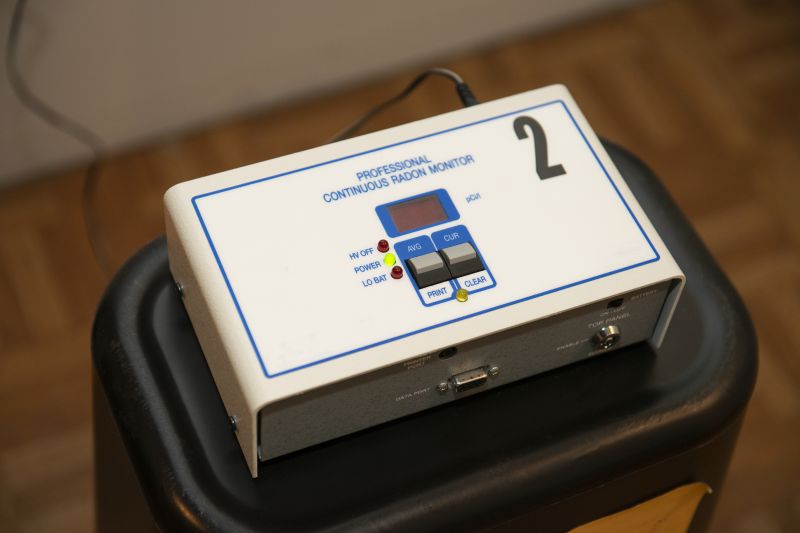
Monitoring radon levels before and after mitigation ensures effectiveness.

Regular upkeep during mild weather extends system lifespan.

Effective mitigation reduces indoor radon exposure.
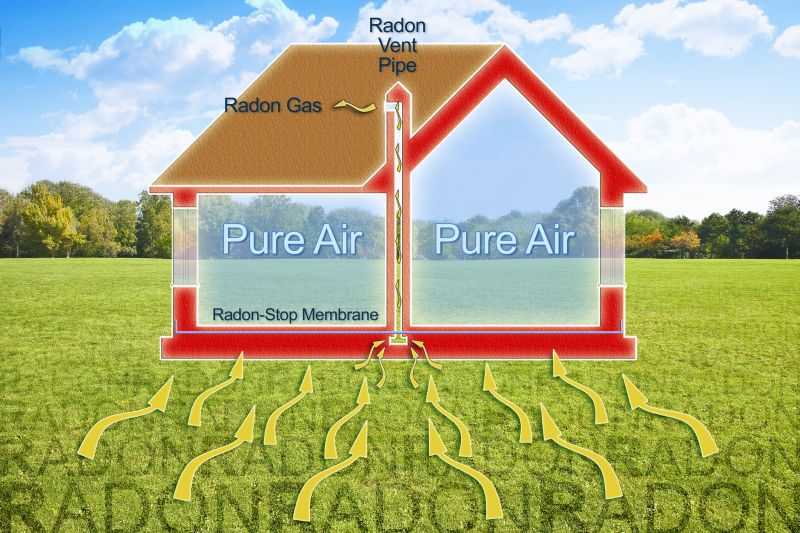
Key parts of radon mitigation systems for optimal performance.

Basements are common radon entry points, best addressed during optimal weather.
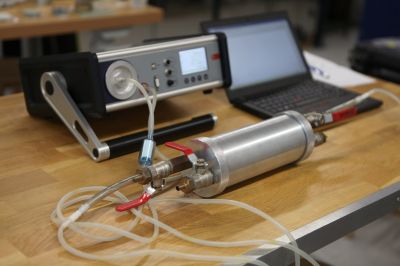
Continuous monitoring ensures radon levels stay low post-mitigation.
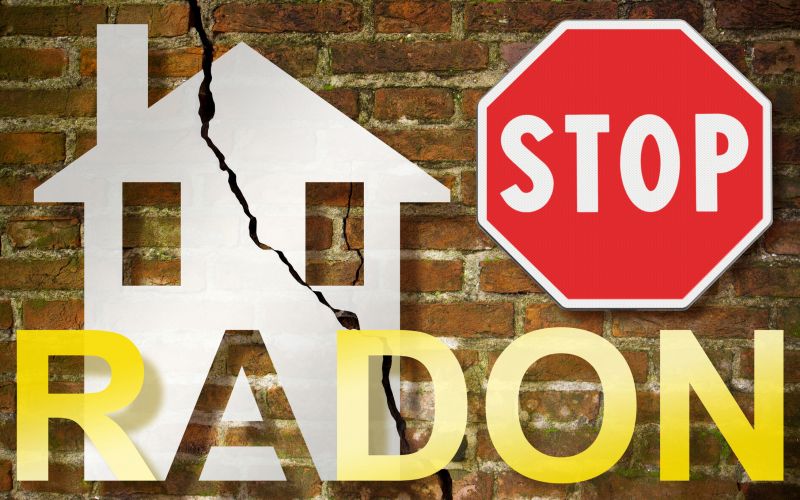
Fans, piping, and seals work together to reduce radon levels.
| Factor | Best Timing Consideration |
|---|---|
| Soil Moisture Levels | Dryer soil in fall and early winter |
| Weather Conditions | Avoid during heavy rain or snow |
| Home Occupancy | Schedule during lower occupancy periods |
| Radon Testing | Perform during stable weather |
| Maintenance | Conduct in mild weather for accessibility |
| Installation Efficiency | Optimal in fall and early winter |
| Post-Installation Monitoring | Best during stable conditions |
Radon mitigation involves installing systems that vent radon gas from beneath the home to the outside, significantly reducing indoor radon levels. Proper timing of mitigation ensures systems operate effectively and last longer. Radon levels can fluctuate seasonally, often peaking during colder months when homes are sealed and ventilation is limited. Implementing mitigation measures during optimal periods minimizes disruptions and enhances system performance.
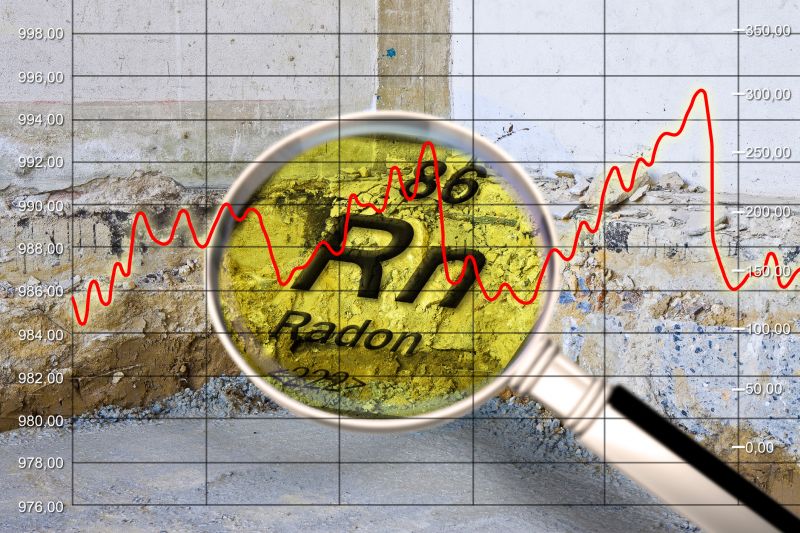
Installation during favorable weather improves efficiency.
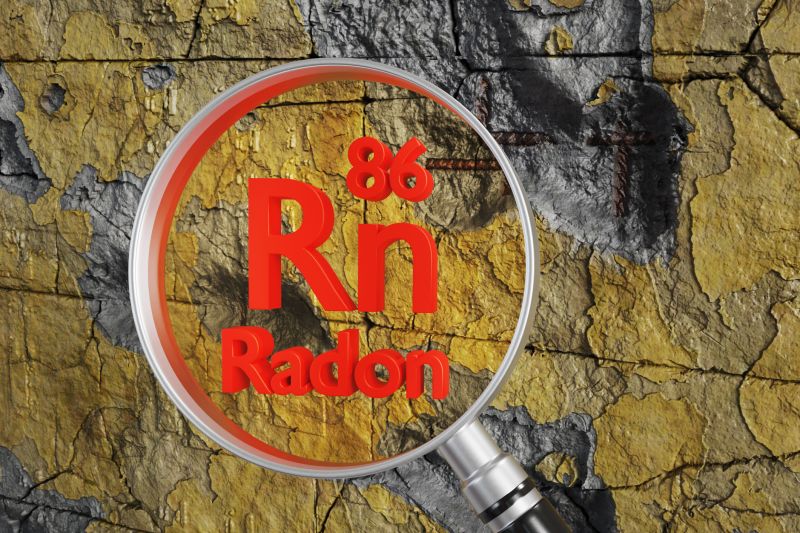
Identifies optimal timing for mitigation.
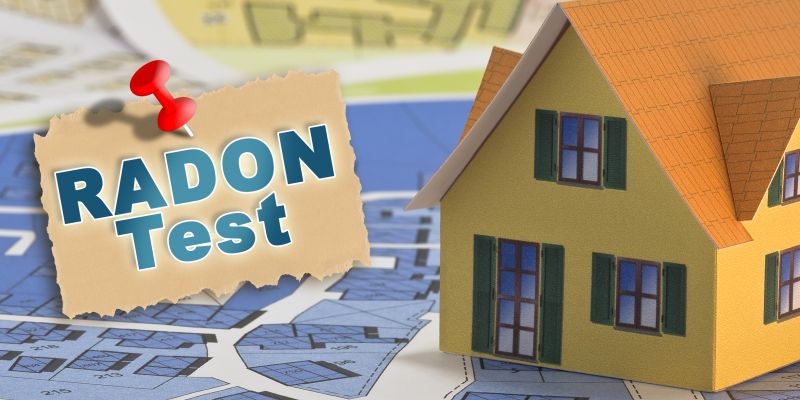
Used to monitor radon levels before and after mitigation.
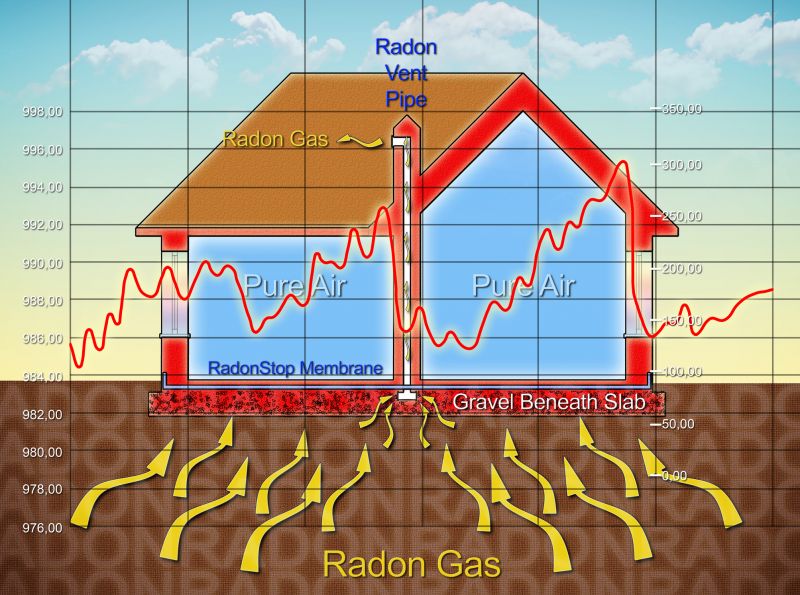
Critical for effective radon reduction.
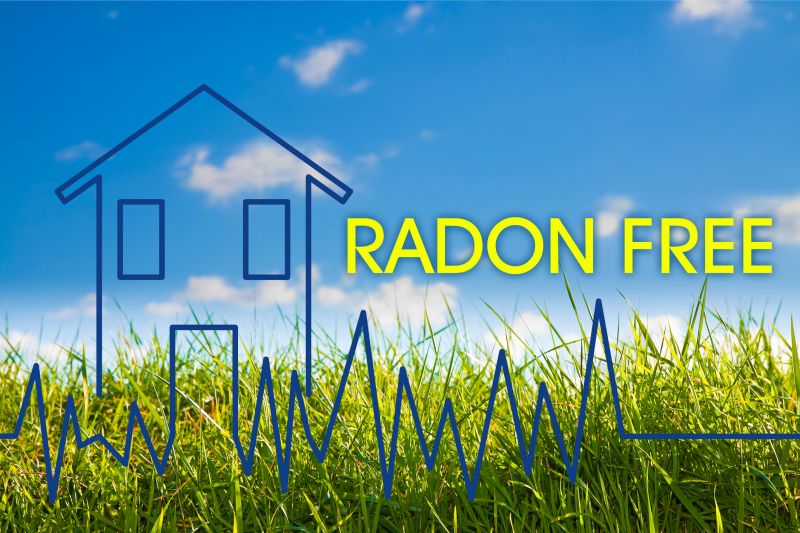
Ways to make Radon Mitigations work in tight or awkward layouts.
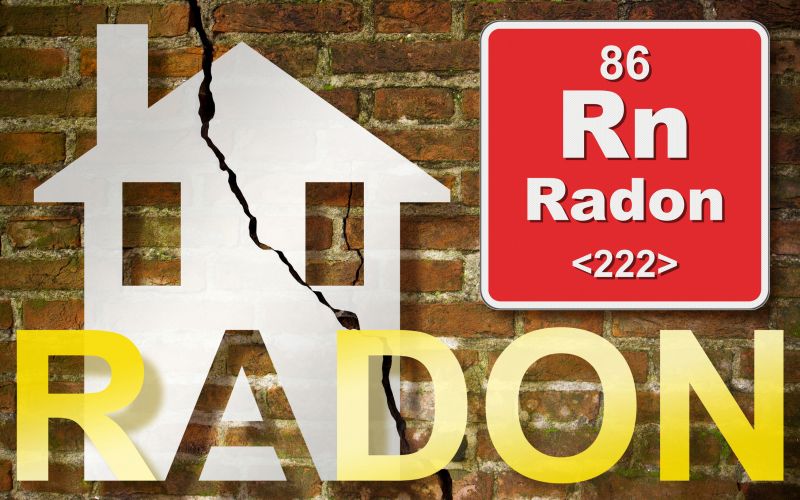
Popular materials for Radon Mitigations and why they hold up over time.
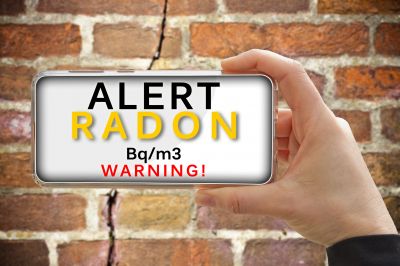
Simple add-ons that improve Radon Mitigations without blowing the budget.
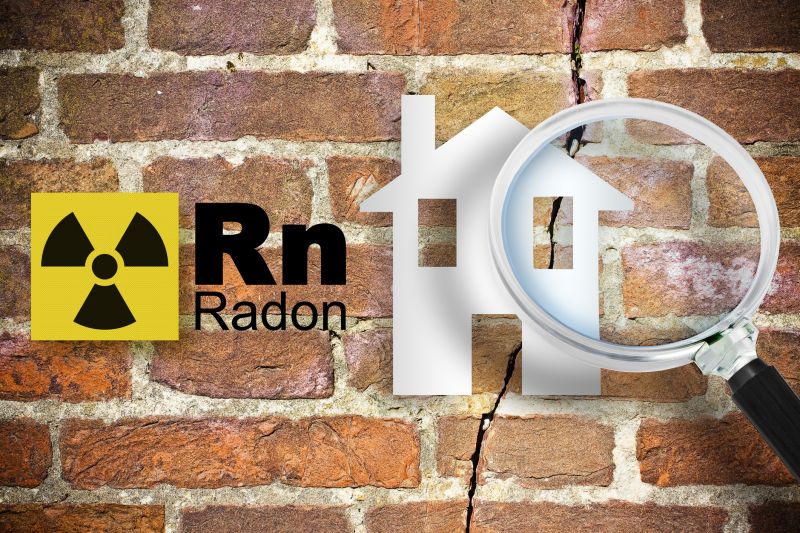
High-end options that actually feel worth it for Radon Mitigations.
Interested in reducing radon levels in a home or building? Filling out the contact form can provide more information about suitable timing and mitigation options. Properly timed mitigation can improve indoor air quality and ensure a healthier living environment.
